Do You *NEED* a YouTube Channel?
Is YouTube an essential part of the marketing portfolio for the modern production music composer? On today's episode, I unpack why you might want to start a YouTube channel, how it could help your career, and what pitfalls you might want to watch out for.
In the ever-evolving world of music, composers are constantly looking for ways to boost their careers and reach a wider audience. The rise of digital platforms has opened up a plethora of opportunities, and YouTube is no exception. In our latest podcast episode, we dissect the potentials and pitfalls of starting your own YouTube channel as a music composer.
YouTube has become a key player in the digital landscape, and it's not hard to see why. With its global reach and easy accessibility, it's a platform that can provide significant exposure for music composers. By starting a YouTube channel, you can share your story, teach others, build a vibrant community, and even open up new avenues for monetization.
But like any other platform, YouTube comes with its challenges. It requires a significant time, energy, and financial commitment. There's the vulnerability of being in the public eye, and the curveballs thrown by unpredictable YouTube policies. One key aspect we delve into is the concept of digital sharecropping, which involves relying heavily on a platform you don't own. This can influence your interactions with YouTube's algorithm and affect your content's visibility.
While the content creator market on YouTube may be oversaturated, this doesn't mean you can't carve out a niche for yourself. It's about finding your unique voice and being authentic. Authenticity resonates with viewers and can help you build a loyal and engaged community.
Being consistent is also crucial. A regular posting schedule can help you gain traction and improve your channel's visibility. It's also important to continuously improve your production quality. As your channel grows, you may need to invest in better equipment or editing software to enhance your viewers' experience.
In addition to being authentic and consistent, diversifying your content can also help you grow your YouTube channel. This could involve exploring different video formats or topics related to music composition. Cross-promotion on other social media platforms and networking with other creators can also be beneficial.
While YouTube is a powerful tool for music composers, it's not the only platform out there. Platforms like Vimeo can offer comparative benefits, especially if you're looking for a more niche community or specific features. It's all about finding the platform that aligns best with your goals as a composer.
To sum up, YouTube can be a game-changer for music composers, but it requires a strategic approach. By being authentic, consistent, and open to learning, you can leverage YouTube to boost your career and reach a wider audience. Remember, every composer's journey is unique, and success doesn't happen overnight. Stay patient, keep creating, and the results will follow.
In the digital age, the possibilities for music composers are endless. So tune in, learn more, and unlock the potential of YouTube for your music career.
Join the 52 Cues Community!
Join the 52 Cues Community for FREE! – Post your own cues for feedback from the community, network with other composers, participate in community discussions, provide feedback on other composers' cues, and ask questions about the industry!
This self-paced experience will guide you through the process of creating an album of production music. You’ll explore every aspect from concept to contracts. Plus, you’ll get professional feedback on your work!
Dave's Studio Gear
-
• Electro-Voice RE320 Large Diaphragm Dynamic Vocal Microphone - https://amzn.to/3RsRsAG
• Audio-Technica Condenser Microphone (AT8035) - https://amzn.to/3nXT487
• Samson C02 Pencil Condenser Microphones - https://amzn.to/3cdzaDd
-
• Alesis Recital – 88 Key Digital Piano Keyboard - https://amzn.to/3PkyKJA
• Native Instruments Komplete Kontrol A25 Controller Keyboard - https://amzn.to/3uHZHPK
• Akai Professional MPD18 Compact Pad Controller - https://amzn.to/3RsSixk
-
• Focusrite Scarlett 18i20 3rd Gen - https://amzn.to/3IBFCQz
-
• Sony MDR7506 Professional Large Diaphragm Headphone - https://amzn.to/3yvD7us
-
• Canon EOS M200 Compact Mirrorless Digital Camera - https://amzn.to/3IySsiF
• Canon EF-M 22mm f2 STM Compact System Lens - https://amzn.to/3PqXfos
-
• Novostella 2 Pack 20W Smart LED Flood Lights - https://amzn.to/3AR72QH
• GIJUANRING Photography Lighting LED Studio Light - https://amzn.to/3z0I402
-
• Elgato Stream Deck – Studio Controller - https://amzn.to/3uNej05
• Kensington Expert Wireless Trackball Mouse - https://amzn.to/3AKjZvJ


